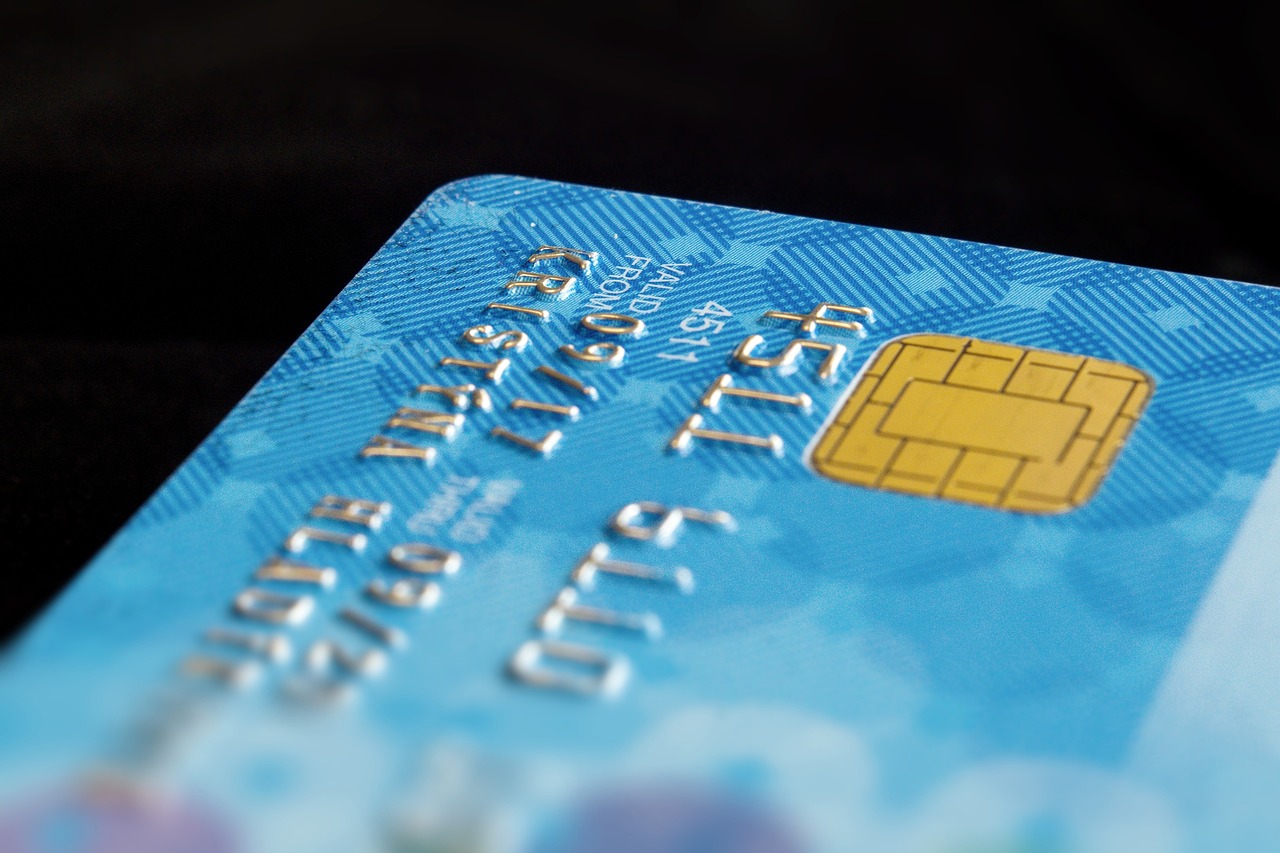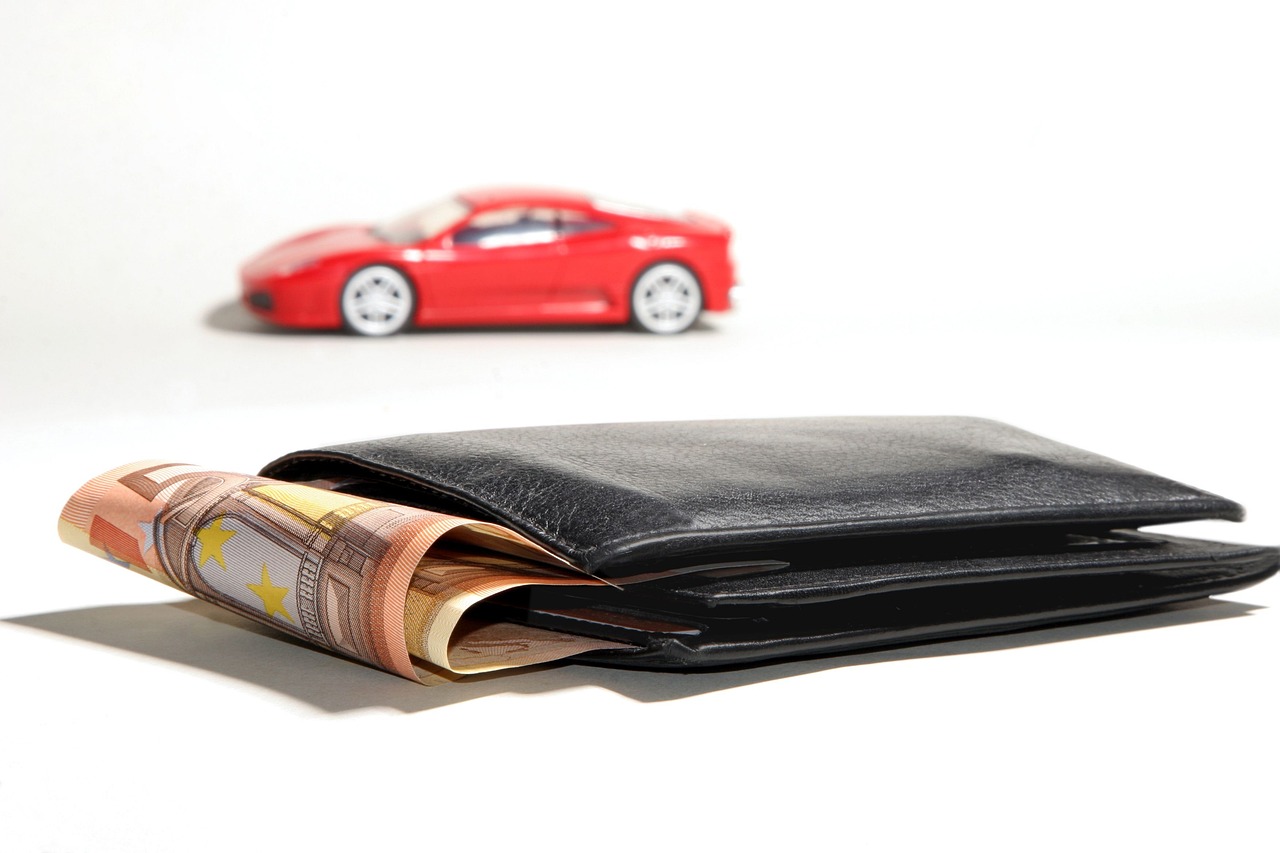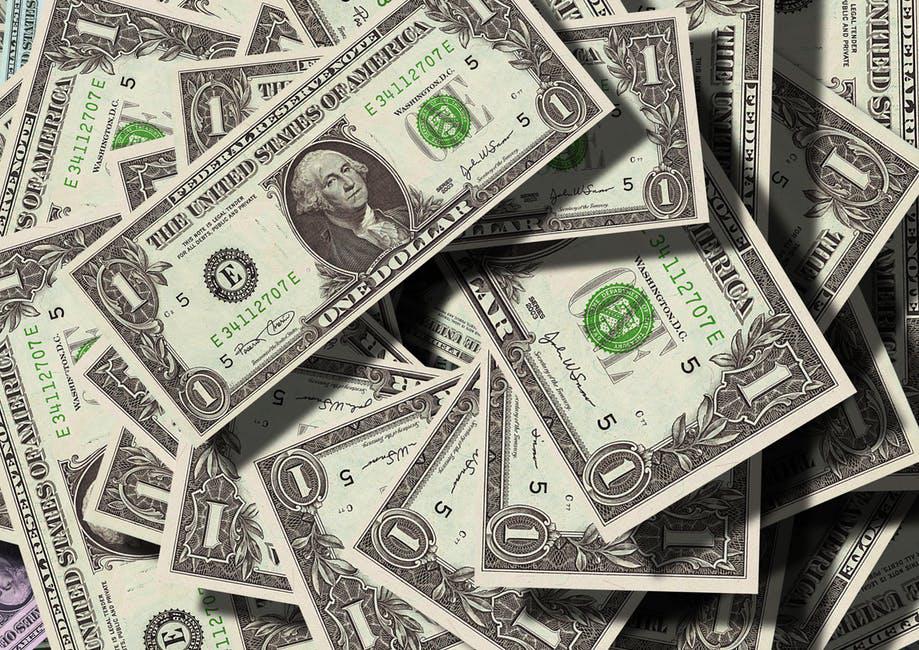This Report Revealed The Top 5 Mistakes People Make When Managing Cash Flow

It’s no secret that trying to achieve financial stability can be frustrating; especially when you feel like you’ve tried everything and you’re still barely keeping your head above water.
Loans, debt, monthly bills, and daily expenses continue to pile on top of each other, and you’re left wondering where you went wrong. And forget about having a savings fund set aside. It’s entirely out of the question.
While it may seem like your finances will forever be out of control, they won’t be. There are financial decisions that you can make that can free up the financial burden, maximize your incoming cash flow, provide additional extra cash, and overall make life less stressful. It’s all about how you go about it. The decisions you make now, and how you change your financial situation, will have long-term consequences on your life from this point forward, so make sure you’re making the right ones.
In an effort to help minimize cash flow mishaps and maximize financial stability, we’ve compiled the top five mistakes that people make when managing their cash flow, and how to avoid them.
Fixed Expenses

When you first begin cracking down on your budget to get a tighter hold on your financials, many people will sit down and make a list of what they can and cannot live without. Specific items like vehicles and entertainment devices and technology typically make this list, and it’s not uncommon to find these things higher on the list than say, groceries.
But, here’s the thing. Those items are considered a luxury, even if the vast majority of people have them. As long as you have a roof over your head, food in your belly, and a steady income, there isn’t anything that you can’t live without. Sure, having the car to get to and from work is convenient and nice, but if public transportation is more affordable, it might be a better solution. It’s all about minimizing expenses.
If you can’t afford to cover the essentials that every person needs, those extra items need to be kicked to the curb. Yes, it may sting a little at first, and you may be resistant, but you’ll be thankful that you got rid of those HBO and Netflix accounts if it means no longer having to scrounge to buy packaged ramen noodles at the grocery store each week. Everything but what you need to survive should be put aside until you can afford the expenses without going into debt.
Financial Road Maps
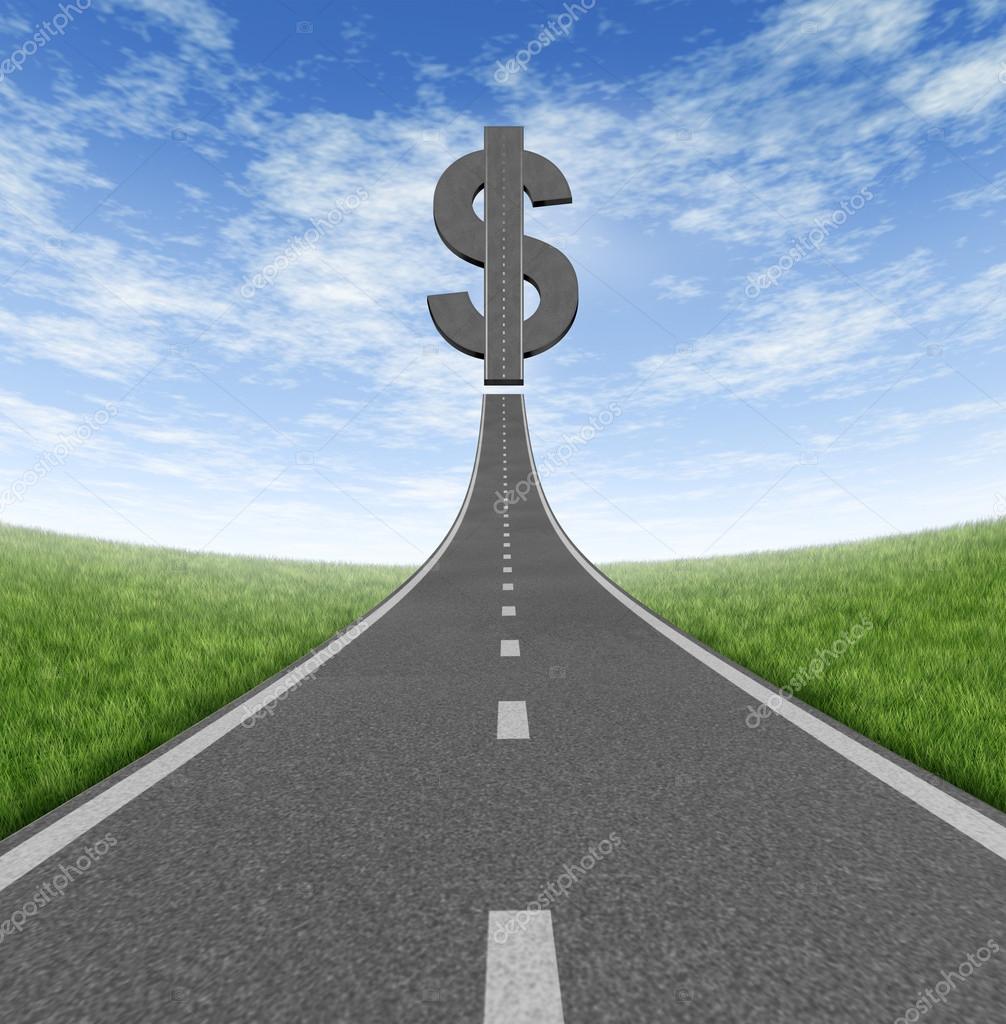
Before you go on a trip, you always consult a road map or GPS to figure out where you’re going and get directions on how to get there. You double, and sometimes triple, check each route and pick the best ones, and maybe even do a little site-seeing planning for along the way. So, why not do the same thing for your desired financial destination?
Many people have an end goal in mind, whether it’s to bring home a six-figure income or simply to quit living from paycheck to paycheck. Often they haven’t planned a route to get there with. Having successful cash flow, and reaching those financial goals, is all about how you plan for that end destination. It matters.
So, grab some paper, a pen, and start outlining a timeline, or “road map,” for achieving your financial goals. Whether it is planning an early retirement, or that backpacking trip through Europe you’ve been dreaming of since you were a child. By establishing this road map, you’ll have a better grip on what financial decisions will be best for you to make to reach your goals. Plus, you’ll be more prepared when coming up on life’s bumps along the way.
Just by doing this one simple thing, you will save yourself thousands by avoiding spontaneous decisions made in the heat of the moment and your cash flow will look better than ever.
Fixed Income

A lot of people think that if they aren’t getting paid a fixed salary, then they will always be on the bottom rung of the financial ladder. Or, on the flip end of it, those who are living on a salary income think that’s the last step, and cease to strive for greater financial stability or cash flow. But that’s just not true. No matter where you may fall on the economic spectrum, there is always room to move up. There is still room to maximize your cash flow.
If you aren’t working with a fixed salary, and want the stability of a higher pay grade, find ways to go the extra mile at your job and begin working toward that goal. Or, if moving up isn’t an option, find a supplemental side job that has the potential for growth.
For those who do have a fixed income, don’t let that stop you from generating extra income for your household through entrepreneurial work and side jobs. There are always ways to increase the amount of money you’re bringing into the home. And it could mean the difference between sinking and swimming financially.
Emergency Back-up Plan
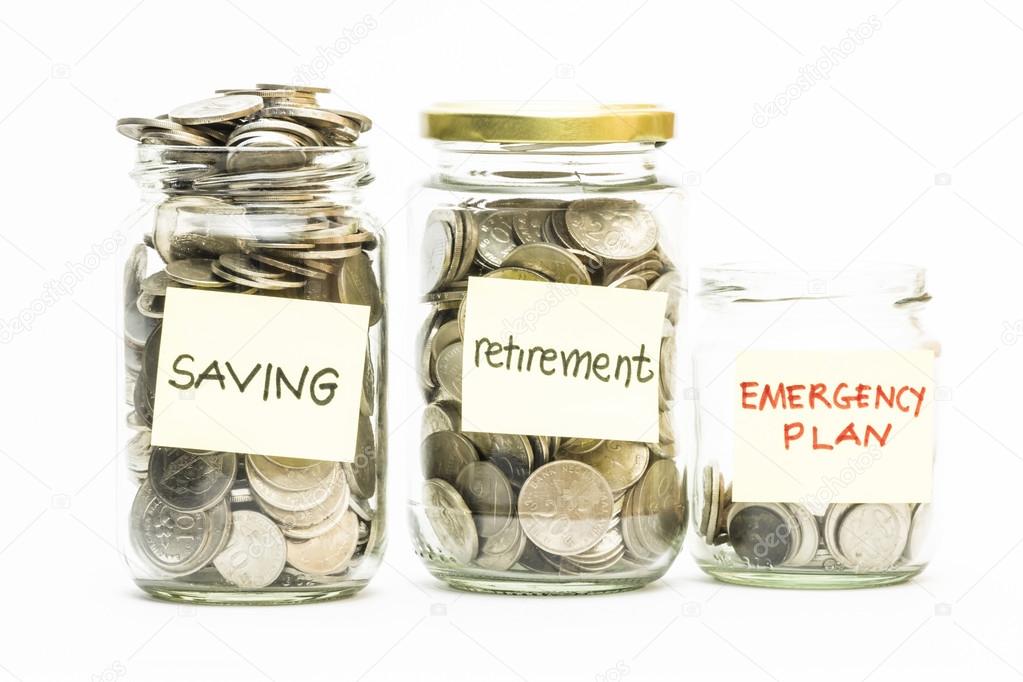
In today’s society, many find it difficult to put back cash for a summer vacation, let along set aside “just in case” savings. Many households live on double-incomes, with those families surviving on both, and using all of it each month. It’s a scary thing to think about, but you never know what could happen and those incomes, or that one income, may not always be there.
People get laid off or lose their jobs, or a health disability could interfere with holding down that job. Which is why it’s better to be safe than sorry and always keep an emergency backup fund that can only be accessed when there’s an actual emergency.
While this won’t have a direct impact on increasing your cash flow, it will minimize added financial stress in the long run when things don’t go as planned. This fund doesn’t need to house thousands of dollars, though it can if that’s within your budget, but it does need to be able to provide a little bit of cushion if you need it.
Establishing this fund can be as simple as putting $10 back every week, which would turn into a savings of $520 a year. While it may not seem like much, you’ll be thankful that you did it
Living Beyond Means

This may seem like basic logic, but in a world run by loans and credit cards, it can be easy to get caught up in the hustle and bustle of cards and rewards. Especially if there’s a low-interest rate involved. Everyone wants to be able to afford all the luxury items they’ve craved for so long, but it’s easy to forget that loans and credit cards are not magic money. You have to pay it back sooner or later, and nine times out of ten; you’re paying more than you initially spent. A LOT more.
These debts add up, and before you know it, you’re swimming in debt. Your credit bills and loans cost more than your monthly utilities and rent/mortgage combined, and you don’t know if you’ll ever see the end of it. This is a trap that many people find themselves in, especially those setting out initially with the intent to build credit.
Yes, having credit is good, but having good credit is even better. Only keep one credit card for emergencies, or a gas card that you can afford to pay off each month, and forget about the rest. If you want something, but can’t instantly afford it, save up your money. You’ll be surprised just how much better you’ll feel about paying for something without worrying about when you’re going to have to pay it back.
Get out from under all that debt and leave it behind you! You’ll be happier, and your bank account will be too.




